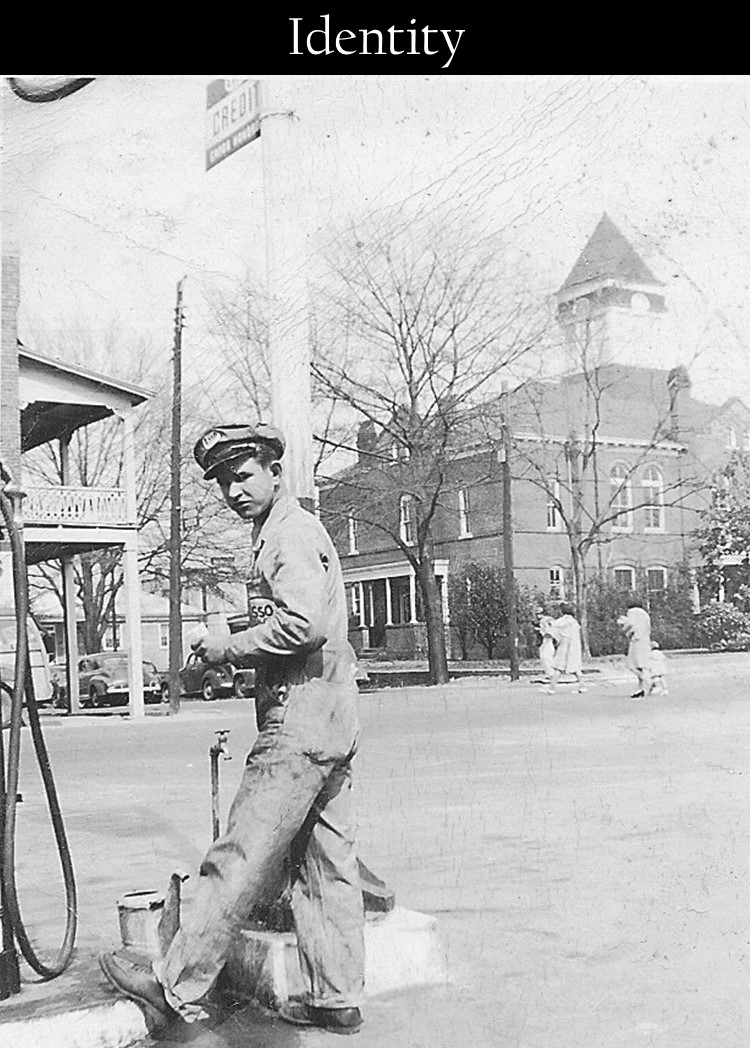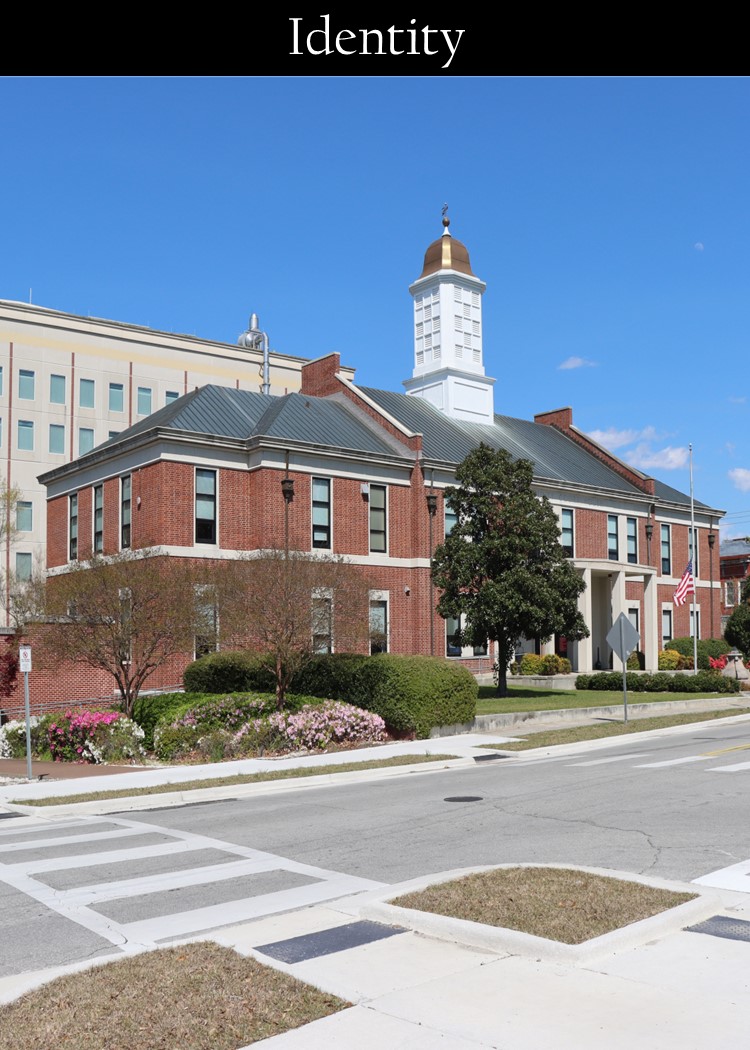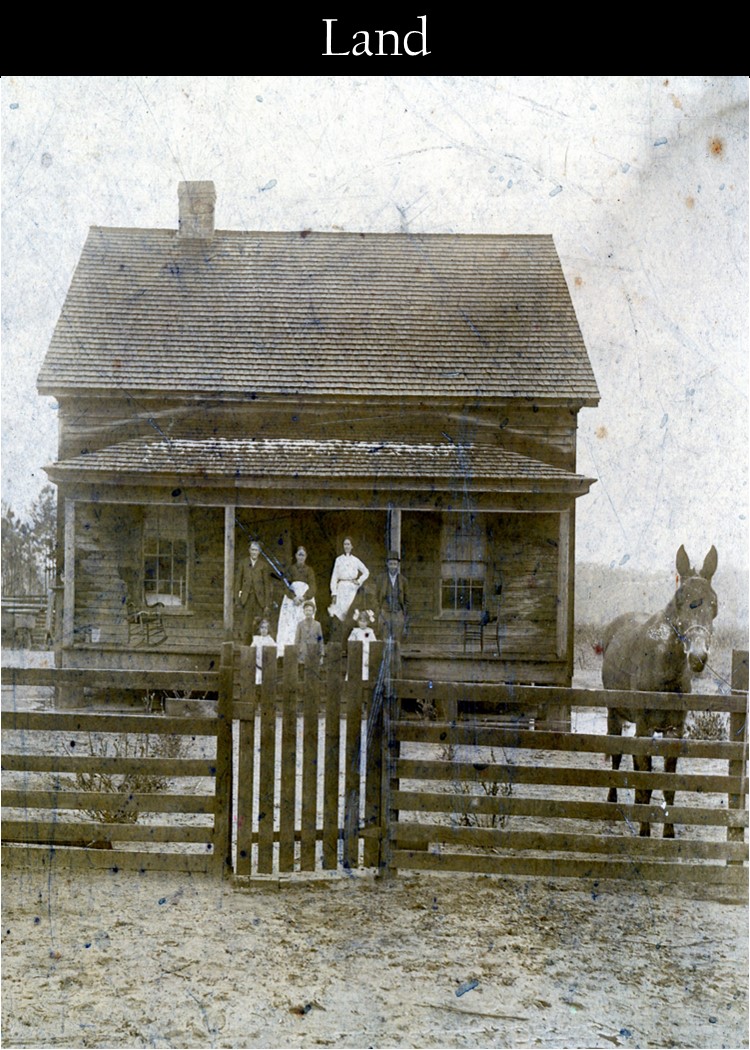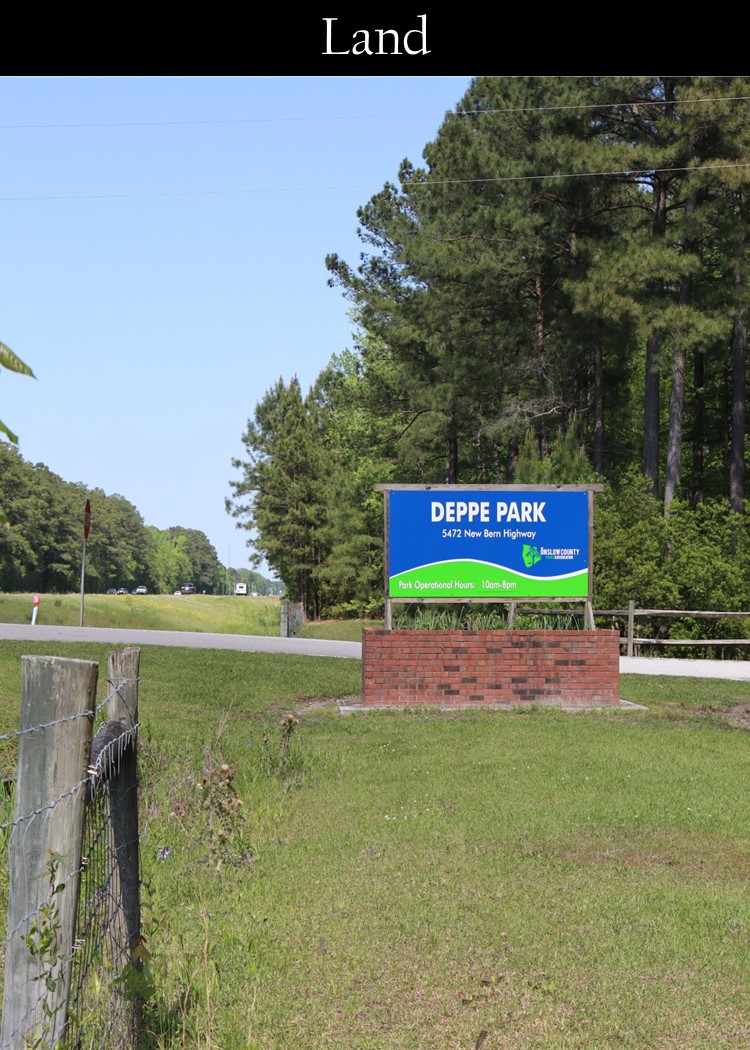(May 3, 2023) CHARLOTTE, N.C. – North Carolina Humanities is proud to present the Smithsonian Institution exhibition Crossroads: Change in Rural America! The exhibit explores the history of rural America and how rural communities are leveraging their cultural uniqueness as an opportunity for growth and development.
Six venues were selected by NC Humanities to host the exhibit around North Carolina in 2022-2023. As the exhibit travels, we are speaking with team members from each tour stop to discuss rural North Carolina and what visitors can expect to experience.
Crossroads: Change in Rural America is on display at Onslow County Museum in Richlands, North Carolina from May 6 – June 10. To learn more about how to visit the exhibit and attend related events and programs in Richlands, please visit: https://onslowcountync.gov/Museum. Onslow County Museum is the last tour stop and your last chance to see Crossroads in North Carolina.
We connected with Lisa Whitman-Grice, Director of the Onslow County Museum, Emily Baker, Collections Manger of the Onslow County Museum, and Kevin Reopelle, Communications Director for Onslow County, to learn more.
Tell us about Onslow County Museum.
Lisa: Onslow County Museum was established in 1976. It is our job to collect and more importantly, celebrate, the cultural and natural history of Onslow County. Our signature exhibit is called Water in the Wood which is about the history of the county from the prehistoric to the present. We also operate our sister museum, the Onslow County Environmental Education Center in Sneads Ferry, where we have an exhibit entitled Discover Onslow that features the flora and fauna of the area.
“Rural” means something different depending on where you are in North Carolina. What does “rural” mean to you?
Lisa: Onslow County is at its own crossroads. I’ve lived my entire life in Onslow County and in the last quarter-century, Onslow County has gone through many changes, some of which have been driven by the growth of the Marine Corp Base Camp Lejeune and the county’s relationship with their needs. Growth is not a bad thing; it’s an inevitability for this community. In fact, as of the last census, we’re no longer considered a rural county! We are now the 13th largest county in the state. So, in prepping for this exhibit, our literal government status changed from rural, to suburban/urban. There are community efforts, either by local property owners or business owners, to preserve those elements of ruralness, whether it’s an agritourism venture like a tree farm or a U-pick farm. We’ll also get calls from people who want us to come and see how they have preserved a barn, for example. It’s meaningful to us that these people want to share their story.
Kevin: The definition of “rural” depends on who you are and where you’re from. Here in Onslow County, there are many different types of “rural”. Amid growth, the county has retained a small-town feel, where you know your neighbors, and everybody looks out for each other. We have all the great amenities of a large metropolitan area, but you can still drive one mile outside of town and be on a Christmas tree farm or drive a couple miles in the other direction and be at an oyster farm.
Emily: I was born and raised in Richlands. Growing up here, going away to college, and then coming back, I’ve seen firsthand how the community has changed over time. Progress and change are always difficult, but I have good feelings about it.


What can people expect to experience when they visit Crossroads in Richlands?
Lisa: Once the exhibit is installed, we are featuring a wall of 10 images of literal crossroads and farmland in Onslow County showcasing what they used to look like, and what they look like now. We’ve selected specific crossroads sites that represent the five exhibit themes of identity, community, land, managing change, and persistence. One of these photos is of the 1920s bank that was our former location before we built our current museum building. We’re also introducing what we’re calling Crossroads Conversations. We’ll have space set up in our exhibit gallery for people to talk to us about what rural means to them and how those five exhibit themes resonate with them and in Onslow County. With the stories we collect from those conversations we will create our own local traveling exhibit.
Why are the humanities, museums, and exhibits like Crossroads important?
Lisa: We’ve worked with North Carolina Humanities for almost 30 years now. Our first partnership was way back in 1992 when we featured an exhibit from the Smithsonian called Seeds of Change. What NC Humanities does for the state of North Carolina can’t be measured. Bringing exhibits to smaller museums and rural areas across the state is just a treasure. Museums, libraries, arts councils, galleries, nature centers etc. are vital. They are repositories and they are community gathering places where people can feel safe telling their stories. For me, the role of the humanities is to celebrate happy stories, sad stories, and stories of change. We are all the keepers and sharers of stories.
How can people support Onslow County Museum?
Lisa: We invite you to come and experience the museum! Even if you are not from here, we hope you can make a connection with our stories and exhibits. We also accept donations of items. We just had a chance to visit with a 95-year-old former resident who wanted to make sure that there was a place where her family’s possessions could rest. It was important to her to help perpetuate the telling of Onslow County’s story. Please also visit us online and social media at https://onslowcountync.gov/Museum.
At the Crossroads: Exploring Rural America Blog: As Crossroads: Change in Rural America travels around the state, North Carolina Humanities is speaking with each selected venue to talk about rural North Carolina and what their visitors can expect to experience. Crossroads: Change in Rural America is part of Museum on Main Street (MoMS), a unique collaboration between the Smithsonian Institution Traveling Exhibition Service (SITES), state humanities councils across the nation (like North Carolina Humanities), and local exhibit host institutions. To learn more, visit nchumanities.org.
About the Crossroads tour: North Carolina Humanities’ tour of Crossroads: Change in Rural America has already traveled to the following venues: Iredell Museums in Statesville, Joyner Library at East Carolina University in Greenville, Granville County Historical Society and Museum in Oxford, Museum of the Albemarle in Elizabeth City, and the Mountain Heritage Center at Western Carolina University in Cullowhee. The tour concludes at Onslow County Museum in Richlands June 2023. Thank you to our statewide tour sponsors: the NC Rural Center, the National Humanities Center, North Carolina Sea Grant, and NC Water Resources Research Institute, as well as the many local sponsors supporting the exhibit in their community. A full tour itinerary is available at nchumanities.org.
This interview has been edited for length and clarity.
Photo Credits: Onslow County Museum




